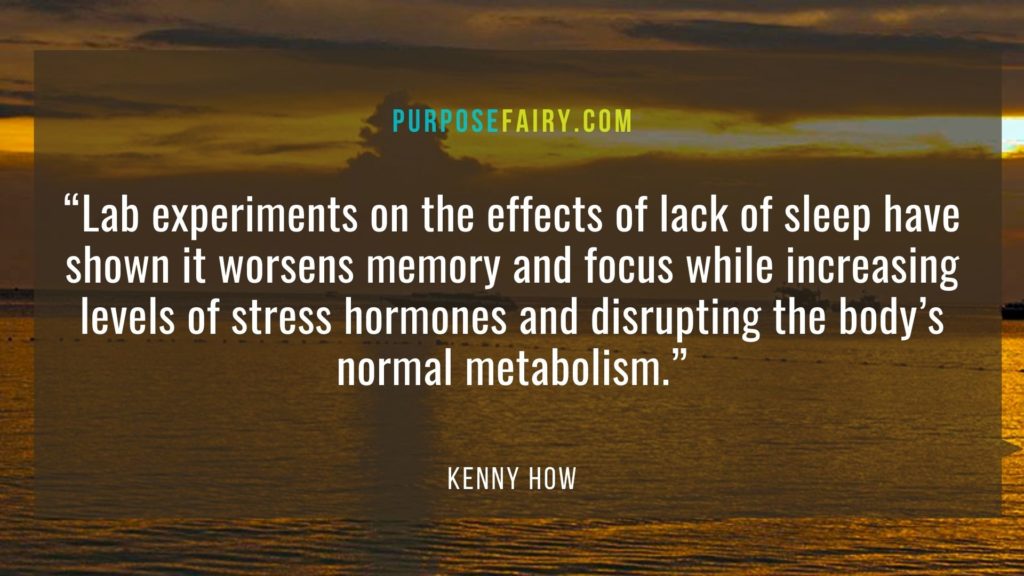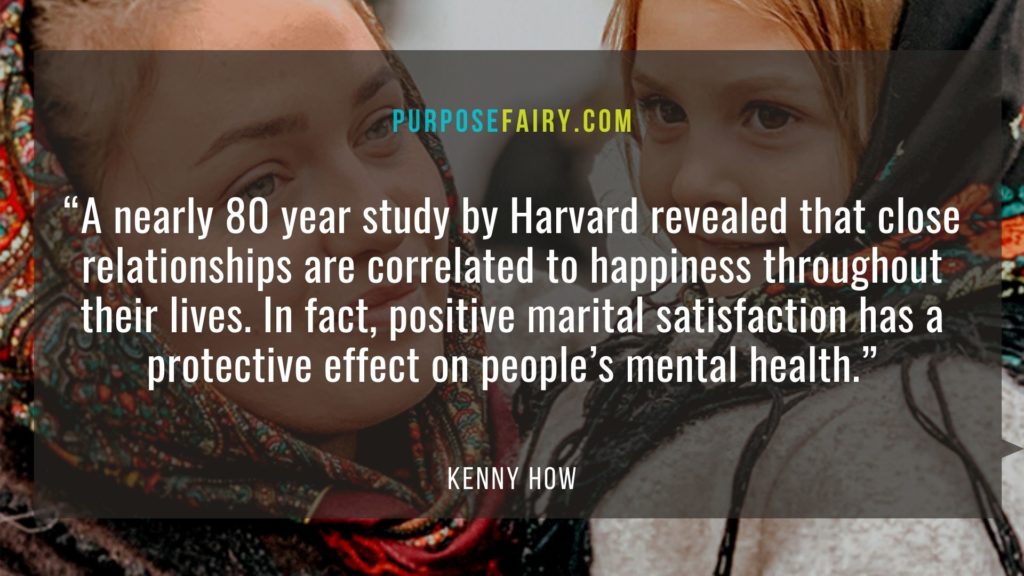
Happiness is a goal that most people seek constantly. They believe that if they get that raise, or they look good, or if they enter into a relationship and get married, they will be happy. In other words, people tend to believe their circumstances will make them happy (or sad and resentful).
But how true is that?
Experience Happiness
Research has shown that only 10% of our happiness is derived from our circumstances. In addition, 50% of our happiness is based on our genetic makeup. A person who just struck the lottery may feel elevated for a few years. But after some time, his mood and emotions will revert back to a baseline.
Conversely, if a person had an accident and had to amputate his limb, he may feel depressed for a short time. However, after some time, his emotions will also revert back to his psychological baseline.
So, if circumstances only account for 10% of our happiness, what really makes us happy?
The answer lies in the 40% – intentional activities. What are those activities?
I cover some of them in the list below, so let’s get started with the 6 powerful proven tips on how to really be happy.
6 Powerful Proven Tips on How to Experience Happiness
1. Regular Exercise
It has been scientifically proven that routine exercise can help you experience happiness. This is because not only the endorphins in the brain get released when you exercise for at least 30 minutes for 3 days a week, but also other brain chemicals like dopamine, myokine, adrenaline and endocannabinoid which all help promote happiness.
In fact, exercise may help patients recover from depression and anxiety.
If you are the kind that is not very enthusiastic about exercising (confession: me included!), take a baby step towards your mental wellness goal – set for yourself a very small but achievable goal instead of being overly-ambitious about exercising.
For example, do a 10 minute brisk walk in the evening when the weather is more cooling and conducive for outdoor activities. For me, I personally like to swim because my country is very sunny for the majority of the months. It is essential to personally enjoy the exercise process than to endure it for the sake of health benefits.
This will prevent you from giving up too early and relapse back into a sedentary but unhealthy lifestyle.
2. Adequate Sleep
With society becoming more hectic and busier nowadays, it is tempting to skip the rest to get work or other things done. Yet, researchers concluded that people who don’t get the adequate 8 or more hours of sleep are less happy, less healthier and pose a risk to others.

Lab experiments on the effects of lack of sleep have shown it worsens memory and focus while increasing levels of stress hormones and disrupting the body’s normal metabolism. Research outside the lab also further suggests that the lack of sleep over the long haul puts people at greater risk of traffic accidents and disease.
The moral of story? Get at least 8 hours or more of sleep each night. Not only it is enjoyable (you get
to dream nice dreams), but it makes you happier and healthier.
3. Perform Acts of Kindness
Research has shown that volunteering for 2 to 3 hours per week can bring the most benefits to you and your beneficiary. This is because by volunteering, you feel that you are making a contribution to a segment of society.
You need not volunteer in a big step such as donating huge amounts of money in philanthropy; small gestures of kindness can go a long way in making society a better and happier place to live in. It could be taking care of stray dogs and cats, preparing food in a soup kitchen or even befriending lonely elders in a nursing home. It also means a simple act of writing a thank-you note or card to a loved one or spouse.
4. Positive and Supportive Relationships
A nearly 80 year study by Harvard revealed that close relationships are correlated to happiness throughout their lives. In fact, positive marital satisfaction has a protective effect on people’s mental health.

Those ties protect people from life’s discontents, help to delay mental and physical decline, and are better predictors of long and happy lives than social class, IQ, or even genes.
5. Showing Gratitude
There is a strong correlation of gratitude and life satisfaction according to this research study. Gratitude helps people feel more positive emotions, relish good experiences, improve their health, deal with adversity, and build strong relationships.
Of course, being grateful when times are bad can be quite a challenge to most people, me included. According to Fehr, there are 5 steps to take during challenging times to express gratefulness. They are:
- Writing down on paper 3 things or persons whom you are grateful for.
- Talk to your family member, friend or co-worker about the thing you are most thankful for.
- Talk to someone that you appreciate in your life over phone or email on why you are grateful for them.
- Show appreciation for someone in your life by helping them in a small way.
- Reflect on how your thankfulness exercise went and commit to doing one gratitude act per week.
6. Avoid Social Comparison
If you want to experience happiness, one of the things that you can do is to spend less time on social media.
According to writer Rachel Cruze, social comparisons steal our happiness, our money and our mental health. She also said that, “If we don’t stop comparing ourselves to others, we will constantly spend money and mental energy just trying to keep up!”
Keeping up with the Jones on social media is one way to make yourself feel worse off according to many studies. So what’s the cure to this activity?
The answer is learning to be content. Note that I didn’t say be content; being content is not natural. It takes discipline and skill to be content than playing the victim card.
It takes strength to acknowledge your strengths and assets than to focus on what you didn’t have and complain to others about how unfair life is (because life is inherently unfair).
There are many bad things or situations that can go wrong in this world. How we respond to it is what matters; do we adapt a pessimistic worldview and be fatalistic in our actions…or can we use the lemons in our situation to make lemonade instead?
The latter is the higher road, no doubt it is not easy (everybody leans on their natural thinking that their situation is worse off than others), but given enough resolve and resilience, we can become stronger and overcome the obstacle instead and be happy.
Remember what Abraham Lincoln said, “Folks are usually about as happy as they make their minds up to be.”
Choose today onwards to experience happiness!
Comments
Kenny How
Kenny is a mental wellness advocate who is the founder of calmingmindfulness.com. As a sufferer of mental health conditions, he hopes to bring positivity and hope through his meditation website to a society full of pessimism and negativity due to uncertain times. He enjoys swimming and playing FPS video games on days when he is free.
read more